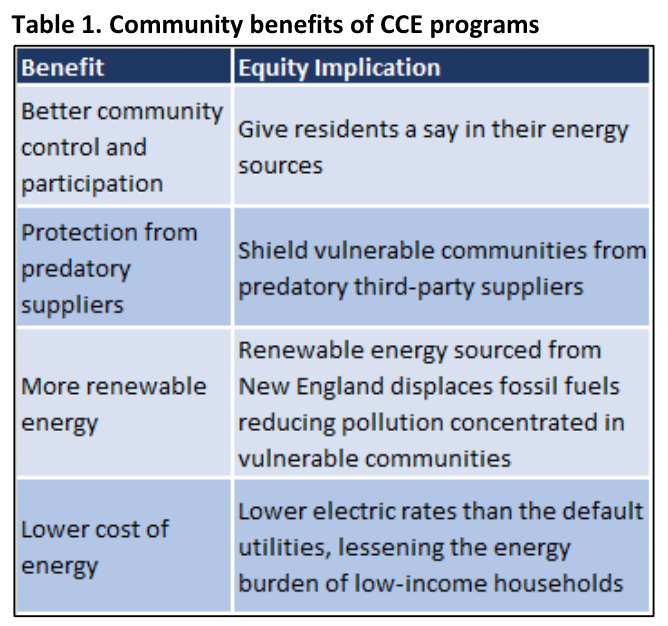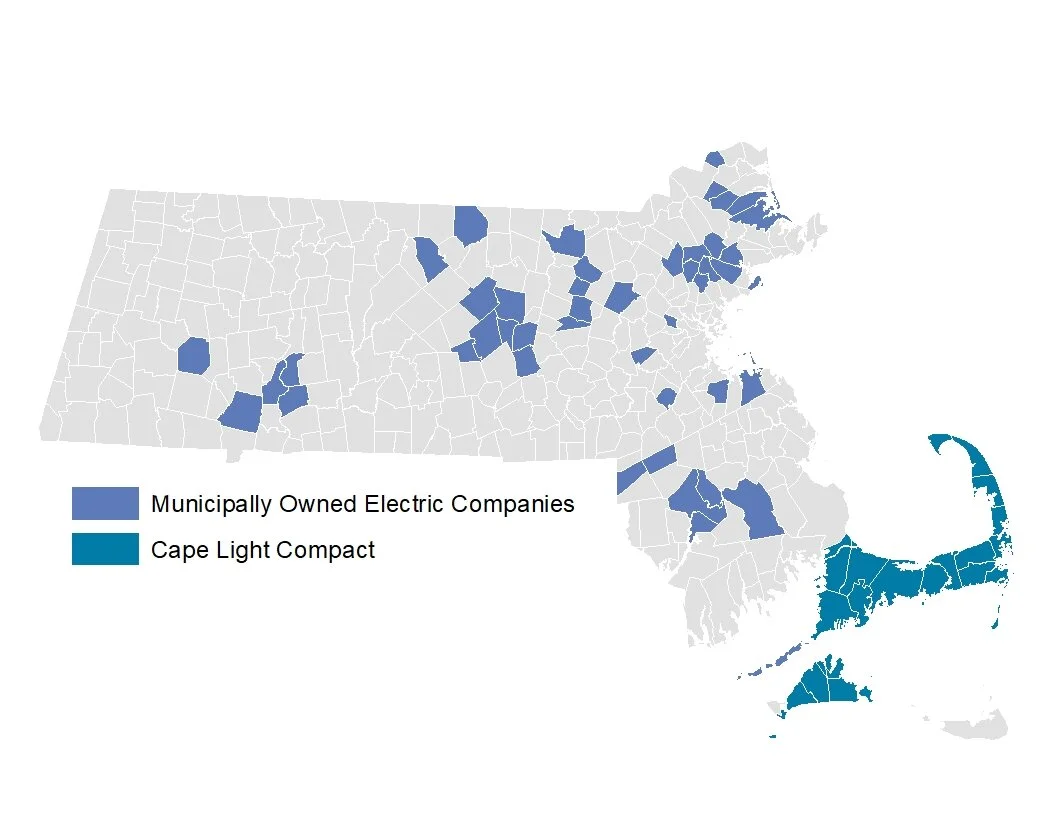Client: Massachusetts’ Climate Justice Working Group
Authors: Bryndis Woods, PhD and Liz Stanton, PhD
March 2021
On behalf of members of the Massachusetts’ Climate Justice Working Group (CJWG)—Conservation Law Foundation, Health Care Without Harm, Neighbor to Neighbor, Alternatives for Community and Environment, GreenRoots, Coalition for Social Justice, Clean Water Action, and Unitarian Universalist Mass Action—this Applied Economics Clinic report describes how progress could be tracked, measured and evaluated for each of CJWG’s six policy priorities by recommending specific metrics to evaluate their equity and justice impacts. This report also includes a discussion of the importance of setting measurable, actionable equity goals that include clear standards for community engagement in the Massachusetts 2030 Clean Energy and Climate Plan (2030 CECP).
For Massachusetts equity goals, including those specified by the CJWG and those contained in the 2030 CECP, to be more than just lip-service, it is of vital importance that they be formalized with concrete, specific plans that meaningfully engage the community and actionable metrics to facilitate their evaluation. In other words, all equity and justice goals need to be measurable, actionable, and involve robust, meaningful, and transparently conducted community engagement processes. This report demonstrates that much of the data and information needed to measure progress towards equity and justice goals do not currently exist or are not currently publicly available, and draws attention to the additional efforts that will be required to measure progress regarding the impacts of climate policy in EJ populations and other historically marginalized communities.
Link to Report
Link to Comments
Return to Our Work




















